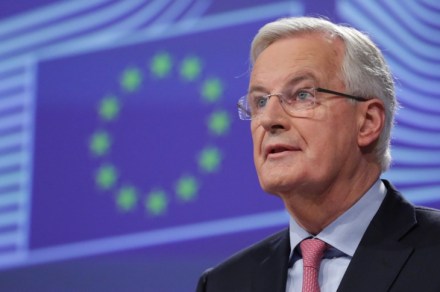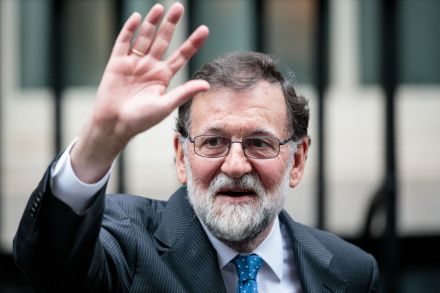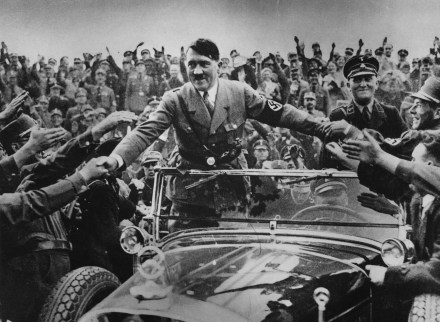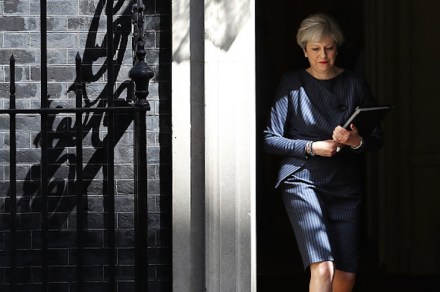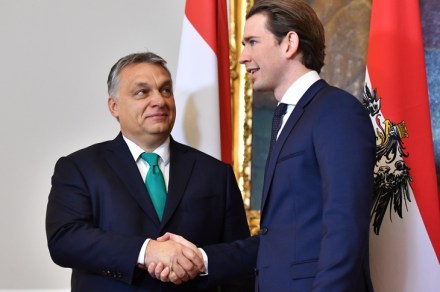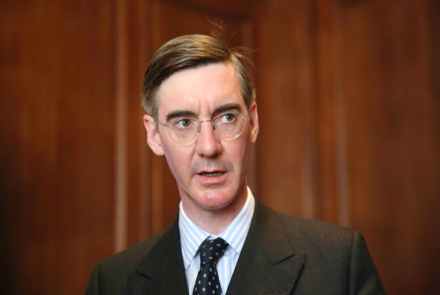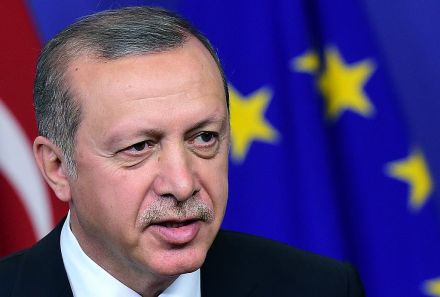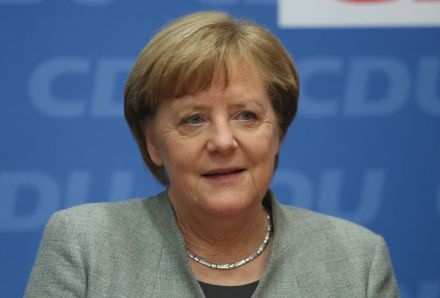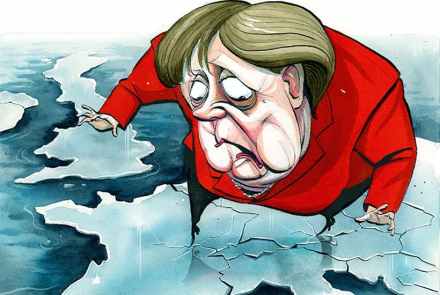Minutes of an EU coup: How Martin Selmayr made his move
Martin Selmayr’s power grab, elevating him to the post of Secretary-General and putting him in charge of 33,000 staff, was a brilliantly-executed Brussels coup. As Jean Quatremer reveals in The Spectator, the double promotion of Juncker’s chief of staff was over in nine minutes flat, and was described by one of those present as an ‘impeccably prepared and audacious power-grab’. So how did he do it? And how can such skullduggery be covered up? On Friday, the European Commission slipped out the minutes for the meeting on February 21st at which Selmayr earned his promotion. Early in the meeting, we learn that the job of Deputy Secretary General was vacant: But then




